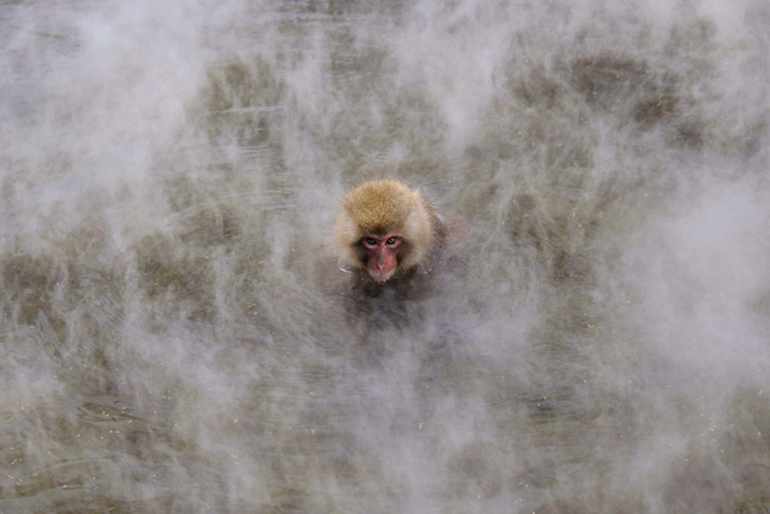
Unlike television nature does not steal time, it enhances it.
Richard Louv
The notion of biophilia, proposed by the esteemed biologist E.O. Wilson at Harvard, suggests that we humans experience a profound need to affiliate with nature. Isolation from the natural world will lead to a diminished existence. Humans require a link to diversity because that is how it has always been. Millions of years of evolution within the web of life has led to our dependence upon it, for our physical well-being, of course, but also for the fulfillment of our emotional, spiritual, and intellectual needs. The result is a more adaptable organism. When we are deprived of the natural world this need cannot be replaced by television, computer games, or other modern contrivances.
The full flowering of the human potential, and even our very survival, depend, therefore, not only on human relationships but also upon the richness of our integration with the natural world. We can no more dissociate ourselves from nature than we can from society. This is clear from our experience with extreme environments like prisons and concentration camps, and even less extreme, such as an inner city slum. It is one thing to survive the aberrant environment, and quite another to "blossom" like an Emerson, Einstein, or Edison.
Viewed in this light, then, the conservation ethic is not an outdated, romantic notion of kindness, but an act of selfishness, since our very survival depends upon it. The human capacity to lead a full and meaningful life is only possible on a planet that is healthy and rich in natural beauty. So the argument for conservation transcends the utilitarian: not just clean air because pollution makes us sick; not just clean water so we can drink it. We demand a healthy planet to allow soul as well as body to achieve maximum health. Nature is thus a stepping-stone to a higher order.
This then is the biophilia hypothesis.